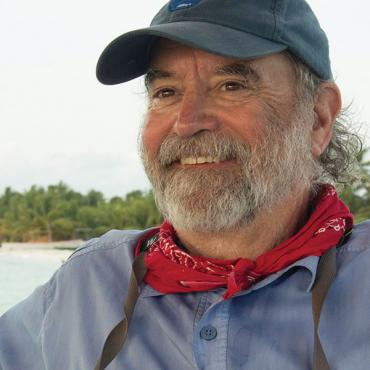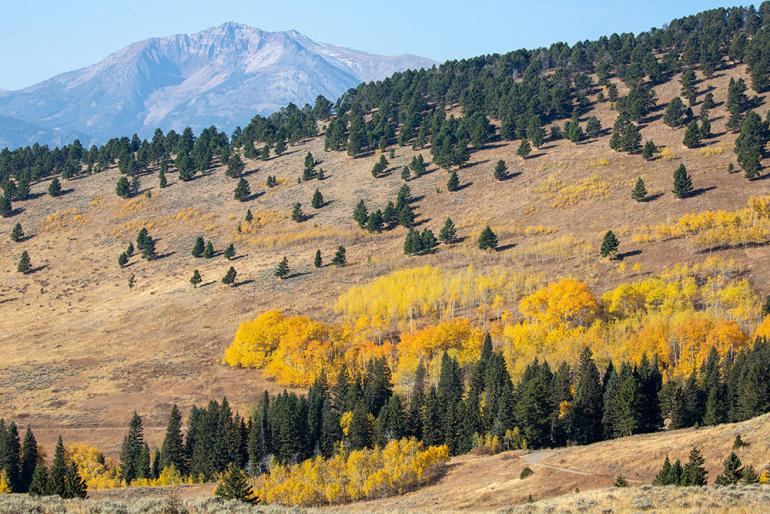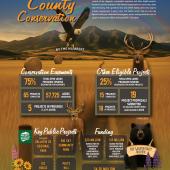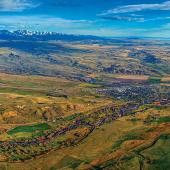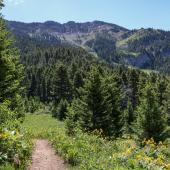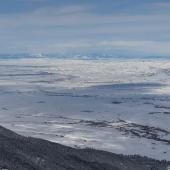Protection Proposal
A new bill, co-sponsored by Montana Rep. Ryan Zinke, aims to make it harder to sell off public lands.
Hunters, anglers, and other outdoor enthusiasts around the West are growing increasingly angry about the lack of access to the nine million acres of public lands surrounded by private property. Even worse, the toxic idea of selling public lands to private entities continues to circulate in some political circles. Such land disposals would have a devastating effect on all of us who recreate on those public lands that we can access currently.
That’s why we all should start paying attention to a new proposal from the House of Representatives in Washington, co-sponsored by Rep. Gabe Vasquez (D-NM) and Ryan Zinke (R-MT). The Public Lands in Public Hands Act would, in brief, require congressional approval for the sale of accessible federal land tracts greater than 300 acres or five acres if that access is by waterway. While this bill would not directly address the access problem outlined above, it could prevent something even worse.
Passing this legislation into law would strengthen the integrity of our public-land estate and make it more difficult to sell or transfer these invaluable places. —John Sullivan III, MT. BHA
“Preventing publicly accessible lands managed by the Department of the Interior or USDA Forest Service from being sold or transferred is a straightforward and commonsense policy supported by hunters and anglers not just in Montana, but across the United States,” notes John Sullivan III of Backcountry Hunters and Anglers, Montana Chapter. “Passing this legislation into law would strengthen the integrity of our public-land estate and make it more difficult to sell or transfer these invaluable places.” In addition to the BHA, the bill has already drawn support from other public-land-advocacy groups including the Rocky Mountain Elk Foundation, Trout Unlimited, and the Theodore Roosevelt Conservation Partnership.
However, critics note that the bill’s wording includes a substantial list of exceptions. They also question Zinke’s past history on public land issues and suggest that the bill represents election-year posturing. Its wording specifically does not address the important issue of “corner crossing” between adjacent tracts of public land. The proposed bill has a long way to go before becoming law and has yet to be assigned to a committee. While the bipartisan sponsorship is noteworthy, supporters will need to monitor amendments and the fine print as the bill grinds its way through our dysfunctional legislative process. The devil is always in the details.


